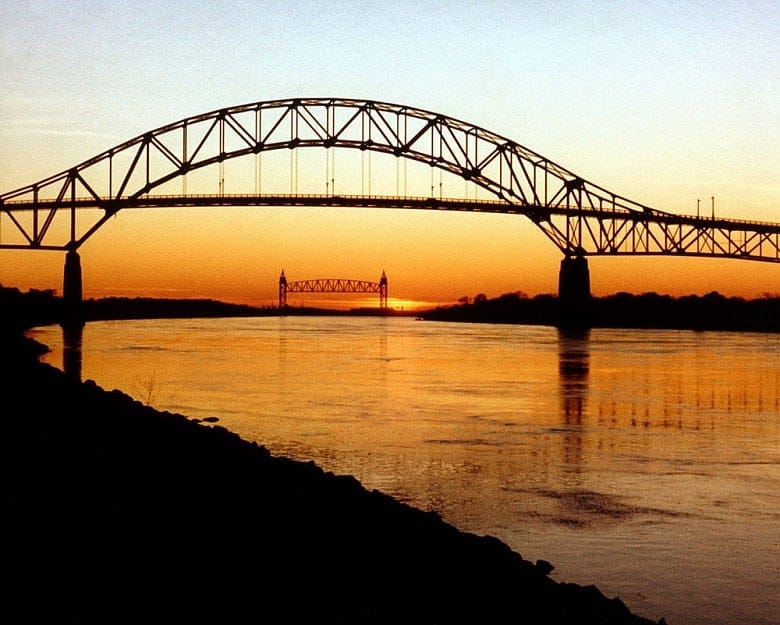Cape Cod needs third bridge, but who will pay?

Just before the Bourne Bridge, tucked on the mainland side, is a jarring sign: "Desperate? … Call the Samaritans."
Public officials might consider adding another sign: "Exasperated? Call the Army Corps of Engineers and MassDOT." That call will be made to address the looming transportation crisis now apparent at the Cape Cod Canal.

